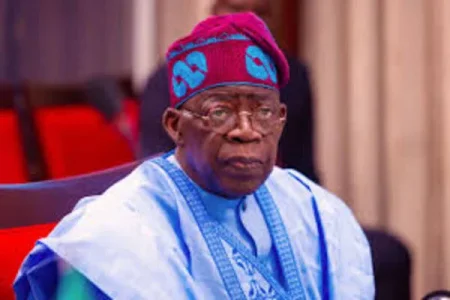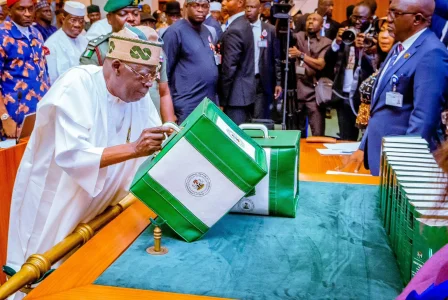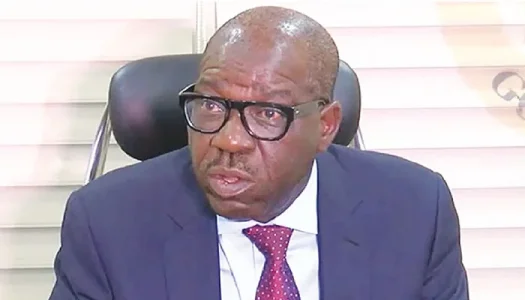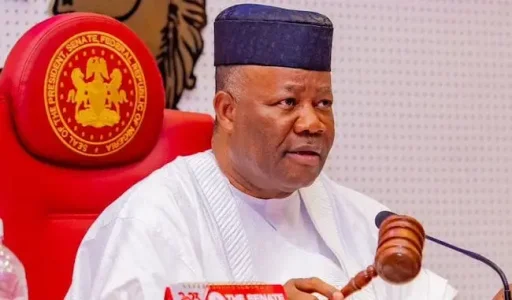
Fed Govt reinstates social investment program, offering direct payments to 75M Nigerians. Amidst rising food inflation, initiatives aim to ease suffering and stimulate the economy. Finance Minister announces reforms to tackle corruption and boost economic stability.
The Federal Government announced the reinstatement of its social investment program, aiming to provide direct payments to 75 million Nigerians across 50 million households, in commemoration of President Tinubu's first year in office. Minister of Finance Wale Edun disclosed the overhaul during a ministerial briefing in Abuja.
The program was previously suspended for a six-week probe, including N-Power, cash transfer, enterprise empowerment, and school feeding initiatives. The House of Representatives had urged the government to resume these initiatives.
Edun revealed that a Special Presidential Panel, led by himself, had conducted an intensive review and audit of existing frameworks. This led to the decision to restart the program, aiming to alleviate poverty among vulnerable Nigerians.
Notably, the National Bureau of Statistics reported a 33.69% inflation rate in April, with food inflation at 40.53%. Despite concerns, Edun stressed the importance of agricultural reforms to address global food insecurity. The government has allocated N200 billion towards intervention programs, demonstrating a commitment to food security.
Furthermore, the government is rolling out an Economic Emergency Plan to stabilize and stimulate growth over the next six months. Efforts include improving access to credit, supporting housing construction, and attracting investments across sectors.
The minister highlighted improvements in Nigeria's credit rating and the government's ability to pay debts, signaling confidence in economic recovery. Additionally, measures to curb corruption in business dealings, such as direct payments to contractors, suppliers, and vendors, were emphasized.
Nigerians' reactions to the revived program remain mixed, with some expressing hope for relief amidst economic challenges, while others await tangible outcomes from the government's interventions.




